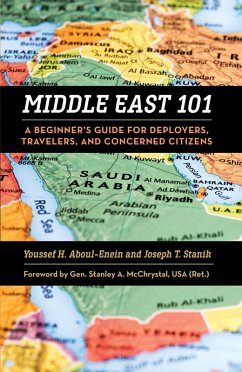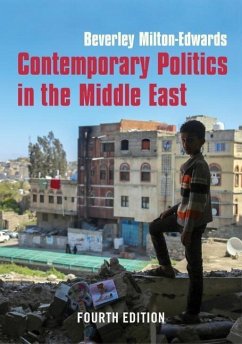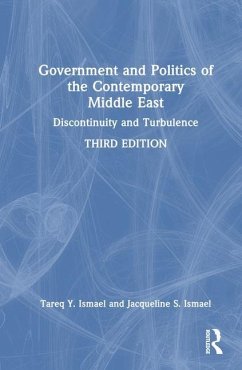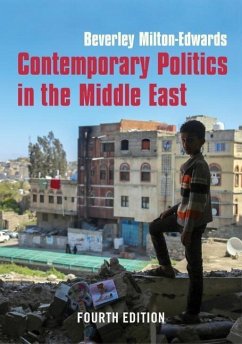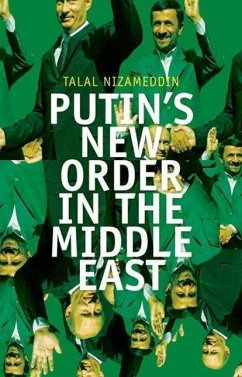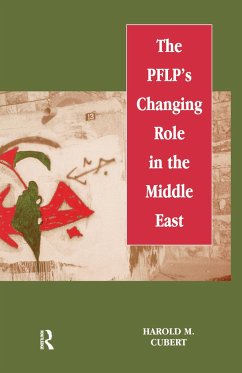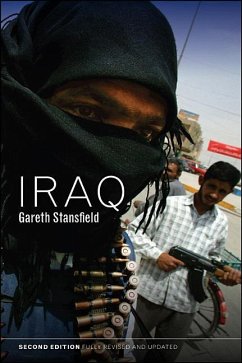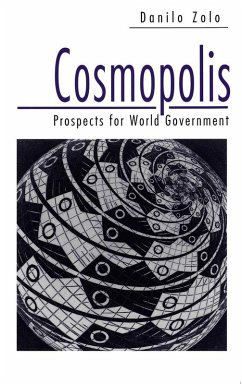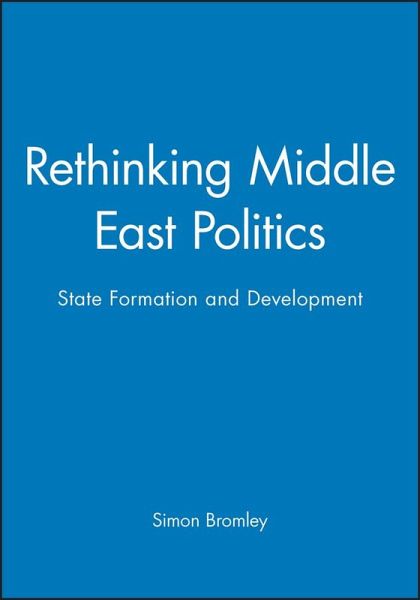
Rethinking Middle East Politics
State Formation and Development
Versandkostenfrei!
Versandfertig in über 4 Wochen
30,99 €
inkl. MwSt.

PAYBACK Punkte
15 °P sammeln!
This book considers a range of debates on the character of political and socio-economic change in the Middle East, focusing on the linked processes of state formation and capitalist development. The author seeks to reformulate the central questions involved in the study of state formation: he develops a comparative framework based on an examination of key developmental processes in Turkey, Egypt, Iraq, Saudi Arabia and Iran, and he offers a range of substantive theses on the place of democracy and Islam in the region. Moreover, he argues that, by focusing on the historical character of surplus...
This book considers a range of debates on the character of political and socio-economic change in the Middle East, focusing on the linked processes of state formation and capitalist development. The author seeks to reformulate the central questions involved in the study of state formation: he develops a comparative framework based on an examination of key developmental processes in Turkey, Egypt, Iraq, Saudi Arabia and Iran, and he offers a range of substantive theses on the place of democracy and Islam in the region. Moreover, he argues that, by focusing on the historical character of surplus appropriation, by detailing the specific social relations which have governed these processes, and by considering their patterns of reproduction and transformation, we can explain a very large part of what appears to be significant about the transformation of the modern Middle East. In particular, we can better and more fully explain the key features of the region than can those accounts that have stressed its cultural or institutional peculiarities. Rethinking Middle East Politics is concerned to formulate a new way of analysing politics in the Middle East, developing a perspective which has major implications for rethinking Third World politics more generally and for the social and political theory of modernity.



